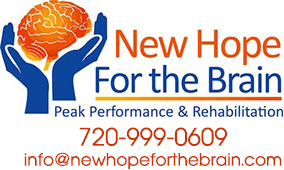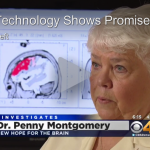Depression is a pervasive disturbance in mood that affects one’s mind, body and spirit. Commonly characterized as deep sadness and loss of interest in previously pleasurable activities, depression is more than being “down in the dumps.” Symptoms vary in nature, severity, chronicity and can involve the following:
- Change in appetite or weight (poor appetite, weight loss, increased appetite, or weight gain)
- Impaired sleeping patterns (either insomnia or sleeping excessively)
- Extreme restlessness or extreme decrease in motor activity
- Decreased interest or pleasure in sex or a decrease in sex drive
- Decreased energy or a tendency to tire easily
- Feeling of worthlessness, self-reproach, excessive or inappropriate guilt
- Difficulty in thinking or concentrating
- Thoughts of death or self-injury
One of the reasons people find depression such a challenging condition to deal with is that it can affect so many aspects of one’s being: behavioral, emotional, physical, mental, spiritual. Further complicating the picture is that it can be the primary source of one’s distress or it can accompany other problems. For example, clinical research suggests that as many as 60 percent of depression sufferers concurrently experience some kind of anxiety disorder. With depression, it is not uncommon to be troubled by both debilitating loss of energy and initiative along with overwhelming stress and anxiety.
Neurofeedback:
Symptoms of both genetic (inherited) and situational depression can be eliminated with brain wave training. The brain wave patterns of individuals with depression show a difference in their EEG recordings between the left and right frontal lobes. Wave forms have a unique pattern at the top of the form that is called a “hook”. Both the hooks in the wave forms and the difference in the frontal lobes can be seen with a comprehensive brain wave evaluation and eliminated with Neurofeedback training.

